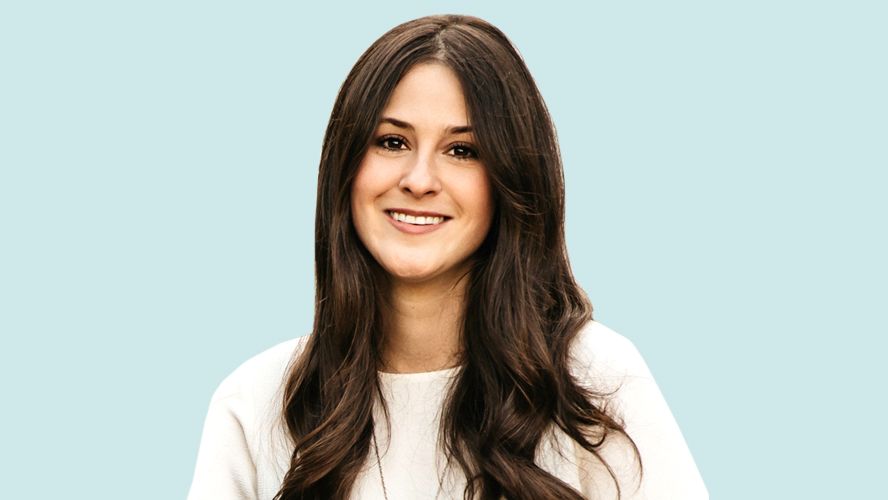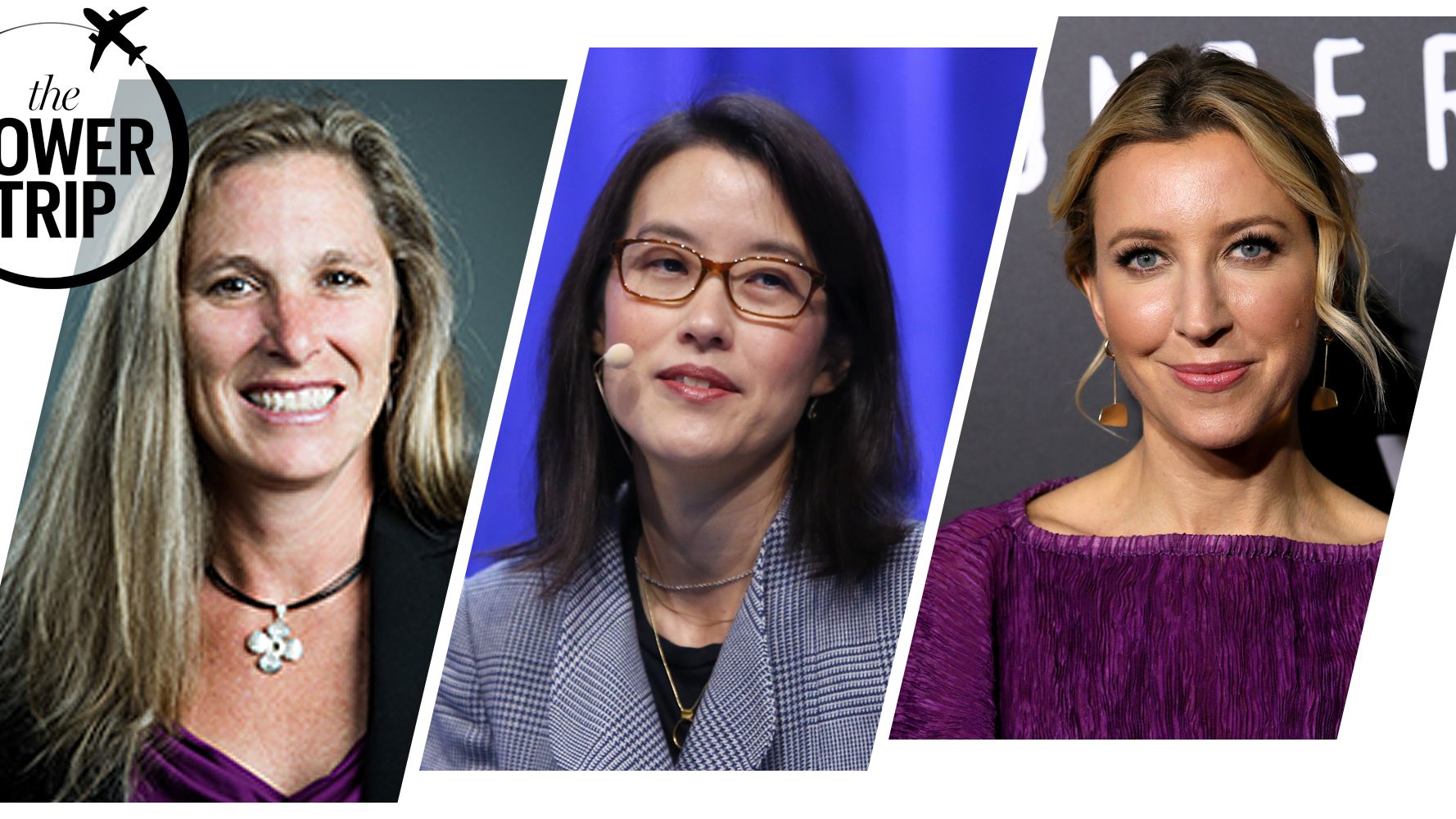Meet the Woman Changing The Way We Talk About Disability
Tiffany Yu thinks we're framing disability all wrong in the workplace—and she's created an organization to fix that.
Select the newsletters you’d like to receive. Then, add your email to sign up.
You are now subscribed
Your newsletter sign-up was successful
Want to add more newsletters?

Delivered daily
Marie Claire Daily
Get exclusive access to fashion and beauty trends, hot-off-the-press celebrity news, and more.

Sent weekly on Saturday
Marie Claire Self Checkout
Exclusive access to expert shopping and styling advice from Nikki Ogunnaike, Marie Claire's editor-in-chief.

Once a week
Maire Claire Face Forward
Insider tips and recommendations for skin, hair, makeup, nails and more from Hannah Baxter, Marie Claire's beauty director.

Once a week
Livingetc
Your shortcut to the now and the next in contemporary home decoration, from designing a fashion-forward kitchen to decoding color schemes, and the latest interiors trends.

Delivered Daily
Homes & Gardens
The ultimate interior design resource from the world's leading experts - discover inspiring decorating ideas, color scheming know-how, garden inspiration and shopping expertise.
Tiffany Yu has no shortage of career success stories. The 29-year-old Georgetown grad has dabbled in investment banking, recruiting, and TV production. But it’s Diversability, a movement Yu founded in 2009 that works to rebrand disability through community, engaging allies, and celebrating disability pride and empowerment, that’s her passion project. Yu’s own story is still a success in progress and on November 3, Yu spoke at New York’s 3% conference about her take on diversity and disability in the workplace.
For Yu, the key to becoming more comfortable around disability isn’t learning all the politically correct terms—it’s meeting and engaging with the people themselves.
On her own experience with disability:
“My story starts about 20 years ago. I was involved in a car accident where my dad was driving and unfortunately he passed away. I acquired a disability [permanent brachial plexus injury]. Then at school, I had to take this mandatory P.E. class. I would get dressed for this class that no one wanted me to be at. I have this saying that disability or not, things like repeatedly not being picked for a team every single day can have lasting impacts on how we feel we can contribute to society. It wasn’t until I was a senior in college where I got introduced to disability as identity.”
"Disability is identity, it’s part of the fabric of who you are."
On the goals behind Diversability:
“We really want to reframe the conversation around disability from the medical model, which says, 'Disability is a diagnosis, we need to treat it, we need to fix it, we need to find a cure,' to the social model which says, 'Disability is identity, it’s part of the fabric of who you are.' Similar to other identity movements, it can be rooted in pride, it can be rooted in empowerment. At a fundamental level, Diversability is about creating a sense of belonging in what is normally a very isolating experience. Once you have that sense of belonging, it unlocks so much untapped potential in terms of what you think you can do and what you think you can achieve.”
On how people can move past social discomfort around disability:
RELATED STORIES


“The real solution comes from parenting and education. There’s this one story about a mom that has a child who has a very red face. Another kid points at the girl with the red face and says, ‘Look!’ Then, that kid’s mom goes, ‘Shhh, don’t do that.’ I probably would do the same thing but it’s saying, ‘Oh, you are pointing at someone who looks different, you shouldn’t do that.’ Instead it should be, ‘Yes, she looks different. Why don’t you go up and talk to her and ask her what her name is?’ When you encourage that type of behavior earlier on, it makes it so that disability isn’t as sensitive as it is. If you create a relationship with a person and then feel comfortable asking them about their experiences, that’s good. It’s about getting to know as many people as possible because it shapes your frame of reference.”
On the presence of ableism in the workplace:
“Thirty percent of American adults with a disability are employed. That leaves 60-70 percent of untapped potential. When I worked at Goldman Sachs, I did informational interviews with candidates with different types of disabilities. They were nervous about disclosure and asking for accommodation. Ultimately, if you can get the work done, that is all that matters. That said, so much bias and discrimination does end up coming out through the interview process. Even in job descriptions, there’s the equal employment clause. By including disability in there, it’s such a small move just to say, ‘I acknowledge your community.’”
Get to know more about Tiffany Yu:
Get exclusive access to fashion and beauty trends, hot-off-the-press celebrity news, and more.